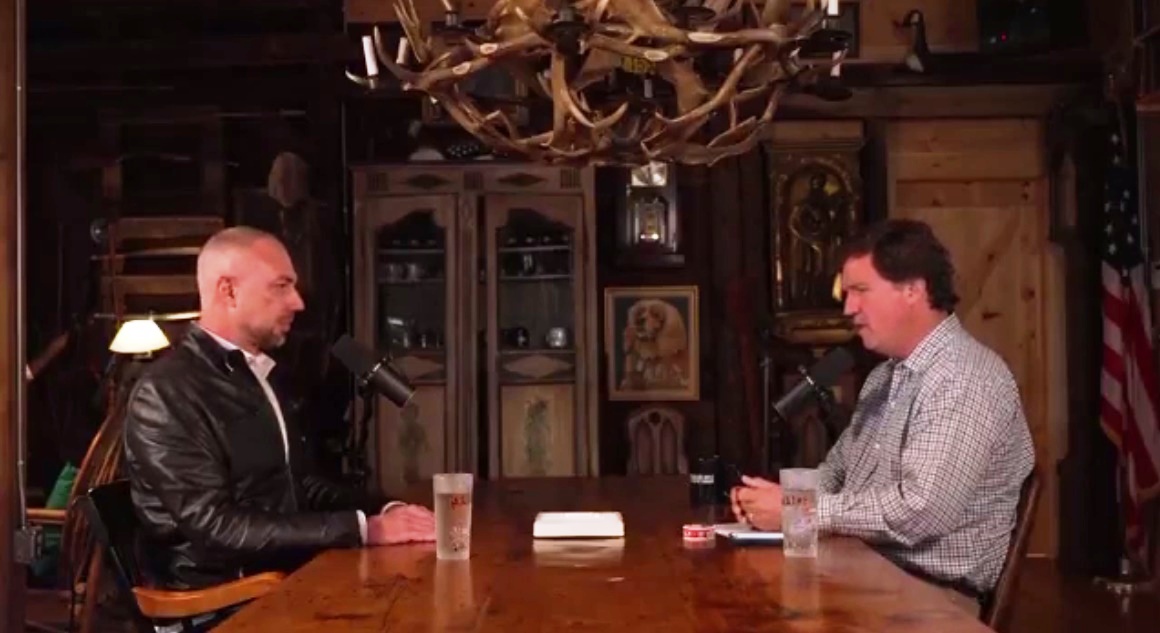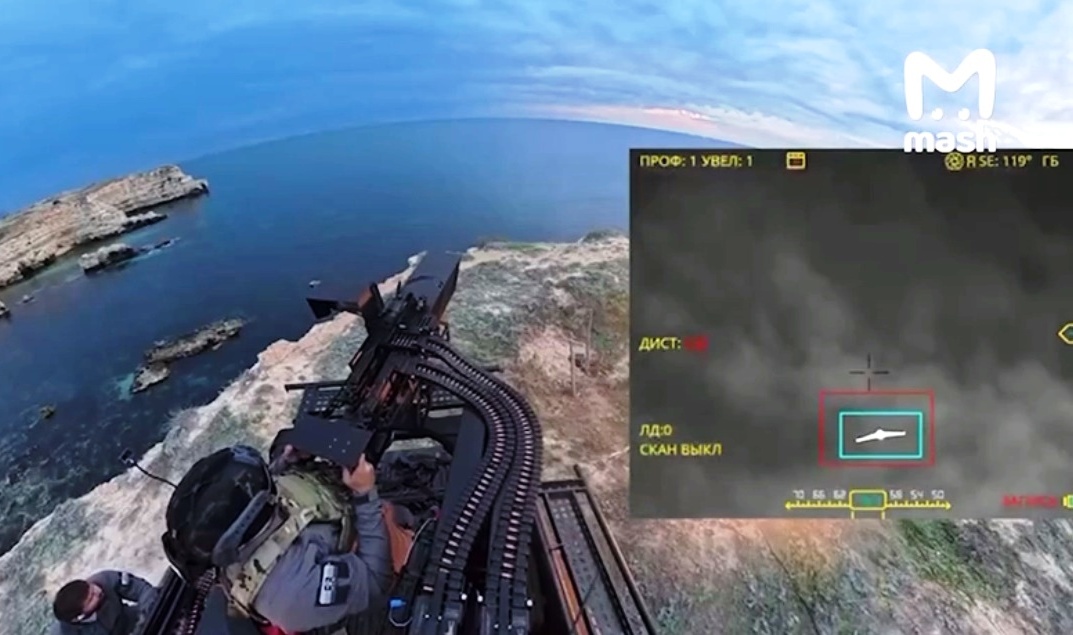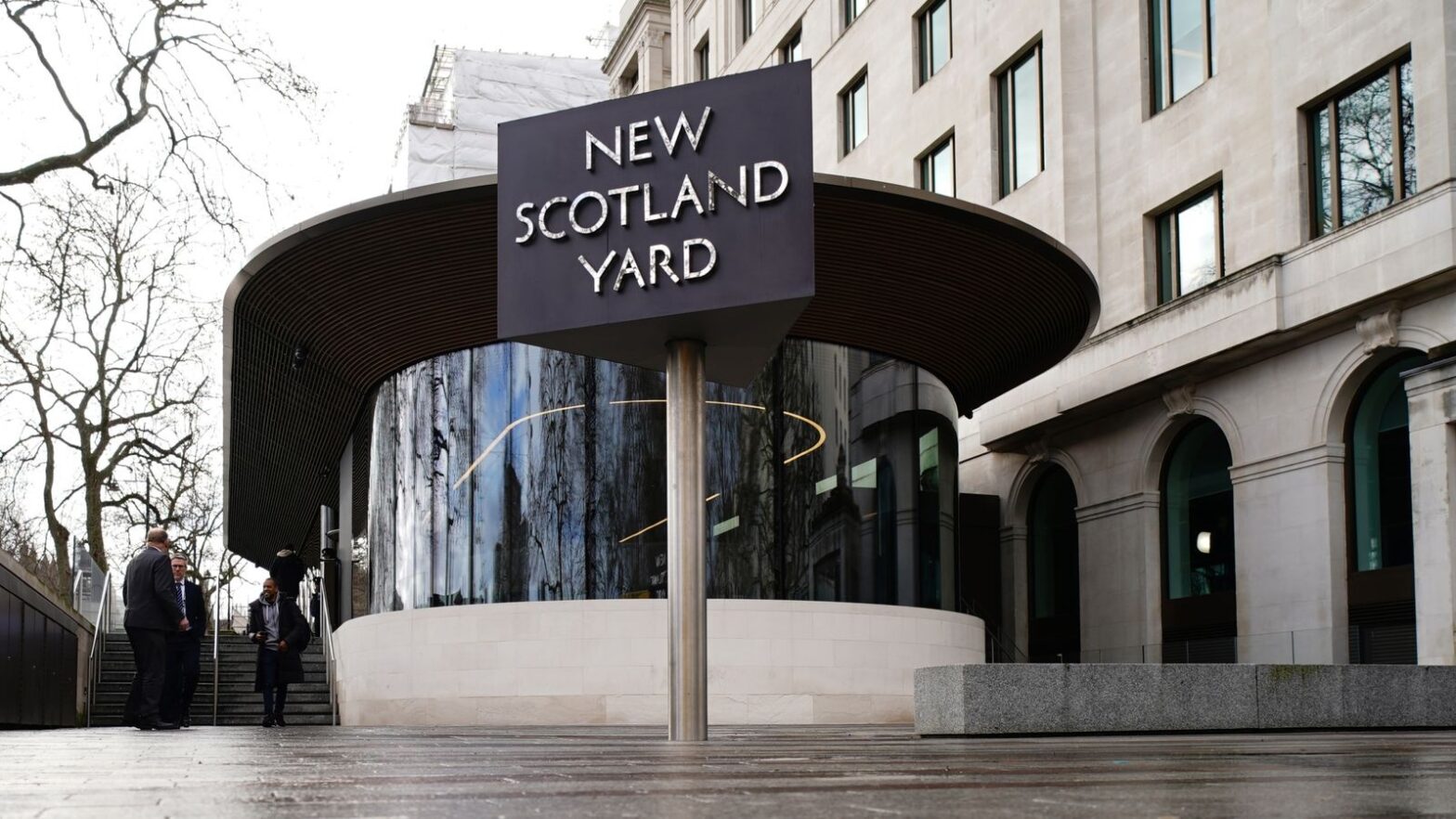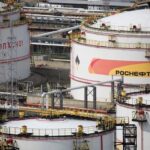Trump orders most regulations be slashed for US cattle producers while Cattle Australia and Meat and Livestock Australia have talkfests about introducing even more environmental regulations for the nonsense of Agenda 30 ‘sustainability’ https://sdgs.un.org/2030agenda
By Meryl Nass and Jim O’Toole in rural NSW on assignment
(Washington, D.C., October 22, 2025) – Today, U.S. Secretary of Agriculture Brooke L. Rollins, Secretary of the Interior Doug Burgum, Secretary of Health and Human Services Robert F. Kennedy Jr., and Small Business Administrator Kelly Loeffler announced a suite of actions to strengthen the American beef industry, reinforcing and prioritizing the American rancher’s critical role in the national security of the United States.
Meanwhile Australia is travelling in the opposite direction to US beef producers, imposing more and more environmental regulations on a long-suffering livestock industry, reputedly the most over-regulated in the western world.
Supposed industry representatives Cattle Australia and the MLA simply roll with the government punches allowing reams and reams of paperwork, time-consuming geo-location data entries and no objections to Net Zero for producers who have to employ a desk jockey just to keep up with the costly imposts.
Talkfest extravaganza: https://cattleaustralia.com.au/understanding-climate-contributions-and-future-proofing-decision-making-all-at-cattle-connect-2025/
The US and other trading partners who buy our beef do not insist on the draconian requirements placed on our few producers who want to export to the European Union, which consumes just five per cent of our production, meaning that those northern Australia farms not supplying the EU are tarred with the same brush of regulations.

Cleared any undergrowth on your property in the past 200 years? Cut down a tree? You will need records of this to show EU importers that you are not an environmental vandal.
Cattle Australia and MLA intend to jab the entire cattle herd with mRNA gene-altering vaxxes in the event of a disease outbreak, and we warn producers the compliant, fake news ABC has been running a scare campaign about bird flu on our doorstep which allegedly can kill poultry, people and livestock.
The ABC claims this new deadly strain has already killed millions of poultry which is a lie to start with – health departments have killed millions of birds unnecessarily, allegedly to stop the flu.
Does this disinformation campaign ring any bells? It’s a bit like Covid Mk 2. We wait anxiously for the feds to trot out an updated Event 201 backed by our new health overlords, WHO.
Ht tps://www.youtube.com/watch?v=AOFLET3xs50
Democrats killed the golden farm goose
Since 2017, the United States has lost over 17% of family farms (I think it is 8-9% of all farms—Nass), more than 100,000 operations over the last decade (160,000 farms from 2017-2024 according to USDA figures—Nass). The national herd is at a 75-year low while consumer demand for beef has grown 9% over the past decade.
Because increasing the size of the domestic herd takes time, the U.S. Department of Agriculture (USDA) is investing now to make these markets less volatile for ranchers over the long term and more affordable for consumers. (Investing in what?—Nass). “America’s food supply chain is a national security priority for the Trump Administration. We are committed to ensuring the American people have an affordable source of protein and that America’s ranchers have a strong economic environment where they can continue to operate for generations to come,” said Secretary Brooke Rollins.
“At USDA we are protecting our beef industry and incentivizing new ranchers to take up the noble vocation of ranching. Today, USDA will immediately expedite deregulatory reforms, boost processing capacity, including getting more locally raised beef into schools, and working across the government to fix longstanding common-sense barriers for ranchers like outdated grazing restrictions.”
“At Interior, the Department is slashing red tape and restoring grazing access on public lands to support the livelihoods of hardworking Americans in the ranching industry,” said Secretary of the Interior Doug Burgum….
What to do? Here is the easiest and quickest solution:
Expand local meat processing. There is a meat slaughter and processing bottleneck in the US, which has been present for 10 years. Only meat slaughtered in a USDA-inspected plant can be sold across state lines. But there are not enough facilities and not enough inspectors.
USDA has put hundreds of $millions of taxpayer dollars into expanding huge meat processing facilities or building new ones, while its regulations have led to the shutdown of more than a thousand small processing plants. Only one of the new facilities taxpayers helped pay for is east of the Mississippi, where most Americans live. So the processing bottleneck for most Americans will not be solved despite these considerable investments.
By relaxing USDA regulations and allowing the states to use their own inspectors to inspect “custom” meat processing facilities (which are currently not allowed to sell meat but only process it for personal use) this bottleneck could be eased quickly. This was done in Maine during the first year of the pandemic to alleviate meat shortages.
Can someone tell CA and MLA Trump has dismantled the US Environment Department?
Requirements of EU for beef imports from Australia
European Union Deforestation Regulation (EUDR)
Taking effect on December 30, 2024, the EUDR requires businesses importing beef into the EU to prove their products are not linked to recent deforestation or forest degradation. This goes beyond national laws, requiring specific geolocation and supply chain data.
Key requirements include:
- Deforestation-free date: The beef must not have been sourced from land deforested or degraded after December 31, 2020.
- Traceability: Exporters must provide geolocation data for every plot of land where the cattle have been raised from birth to slaughter.
- Producer data: The information includes the country of production, establishment names, and verifiable evidence that the beef meets both the EUDR and local laws.
Due diligence statement: Before importing, an EU importer must submit a due diligence statement to authorities, which includes the geolocation coordinates.
In response to the EUDR, Australia’s Department of Agriculture, Fisheries and Forestry (DAFF) and industry bodies have developed systems to help producers comply.
Response from the Australian beef industry
In response to the EUDR, Australia’s Department of Agriculture, Fisheries and Forestry (DAFF) and industry bodies have developed systems to help producers comply.
- NLIS integration: The National Livestock Identification System (NLIS) has been updated to provide geo-location reports for the lifetime of cattle, enabling exporters to share the required data with EU importers.
- Geolocation tool: The Livestock Production Assurance (LPA) program, administered by Integrity Systems, now includes a tool for producers to voluntarily share their property’s geolocation coordinates.
- Industry-led definition: Australian industry groups, including Cattle Australia, are working to develop a specific definition of “deforestation-free” that accounts for Australia’s unique landscape and management practices.
Other international market considerations (which market?)
Other markets are adopting similar policies, and Coles and McDonalds have committed to deforestation-free supply chains.
- Corporate targets: Major international brands like McDonald’s and Australian supermarkets like Coles have set goals for deforestation-free beef supply chains, creating pressure on suppliers globally.
- Financial sector pressure: Financial institutions are increasingly scrutinizing beef supply chains for deforestation risks and setting deforestation-related lending policies.
All of this for just five per cent of export beef? There are few farms in Australia that would not have had some vegetation clearing over the past 200 years.

















